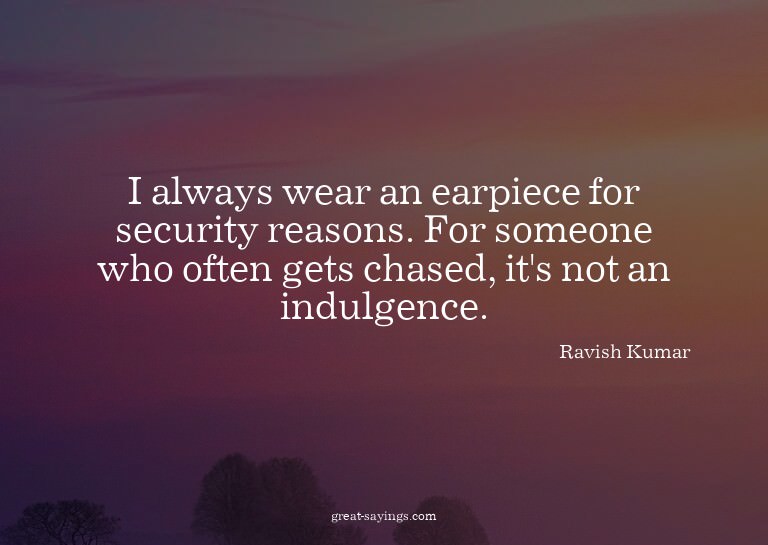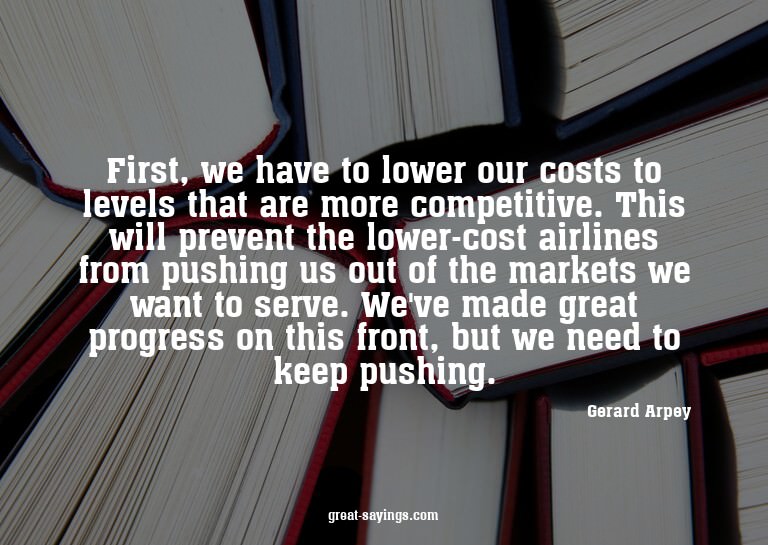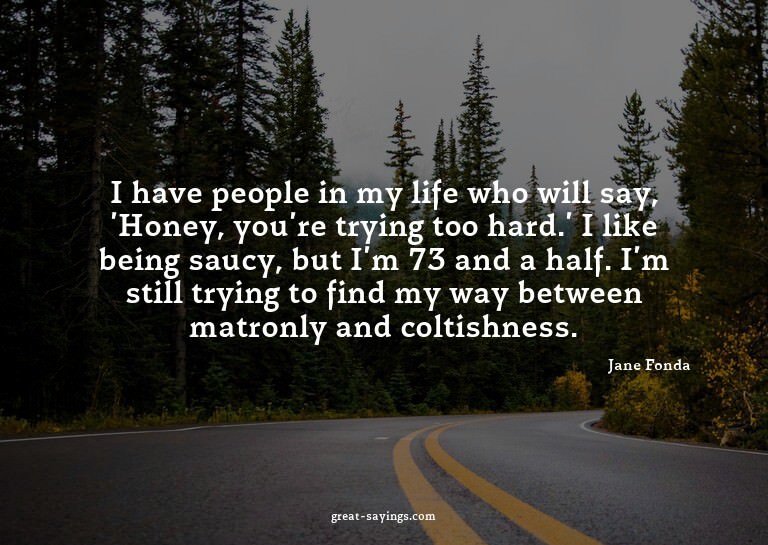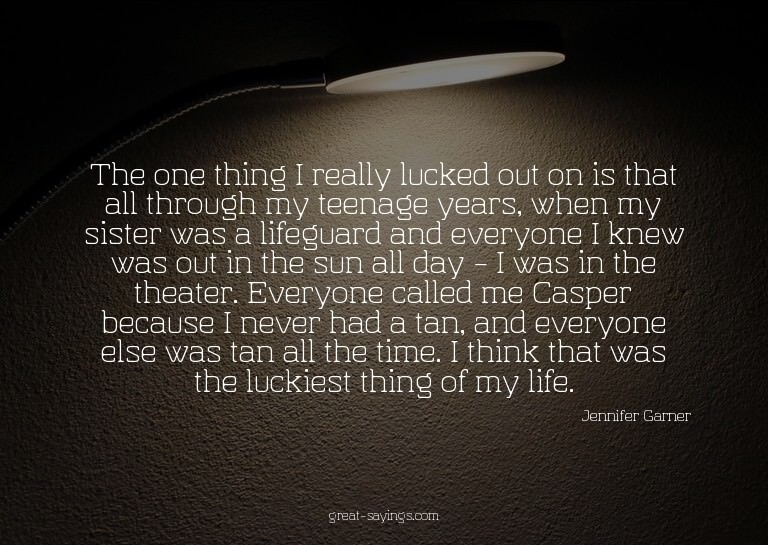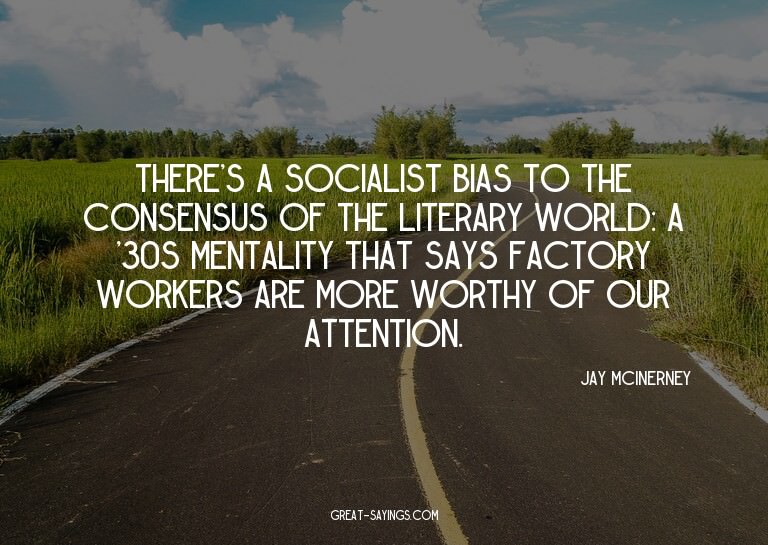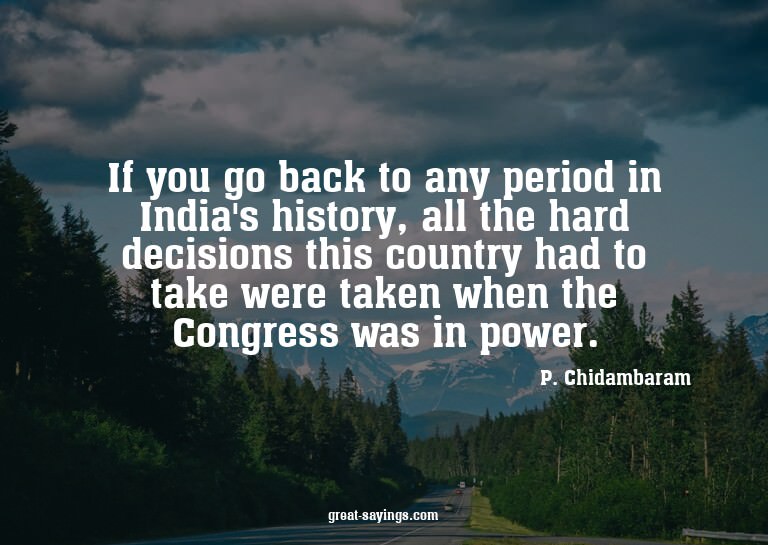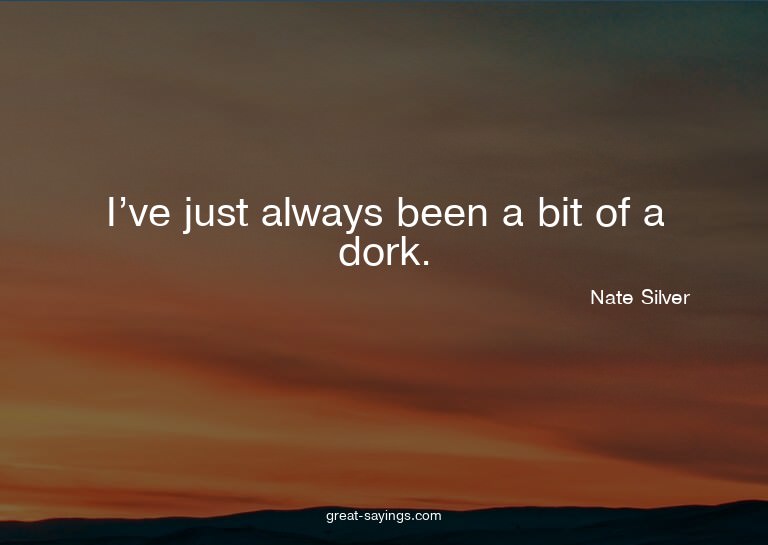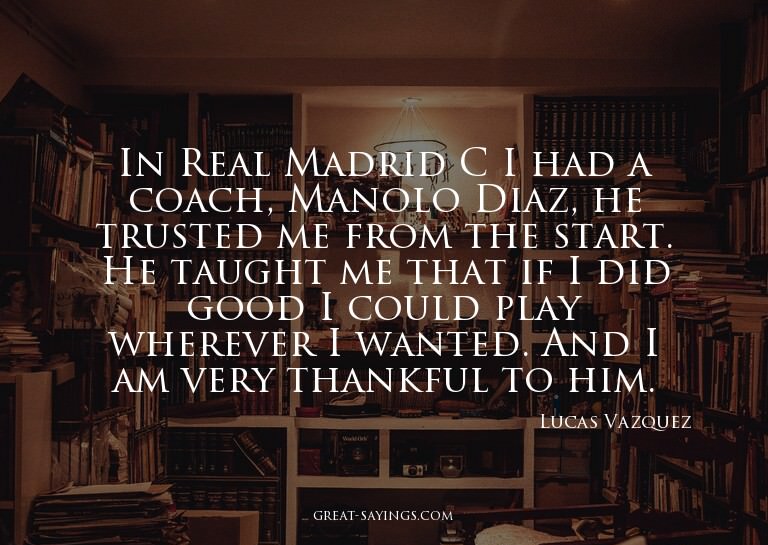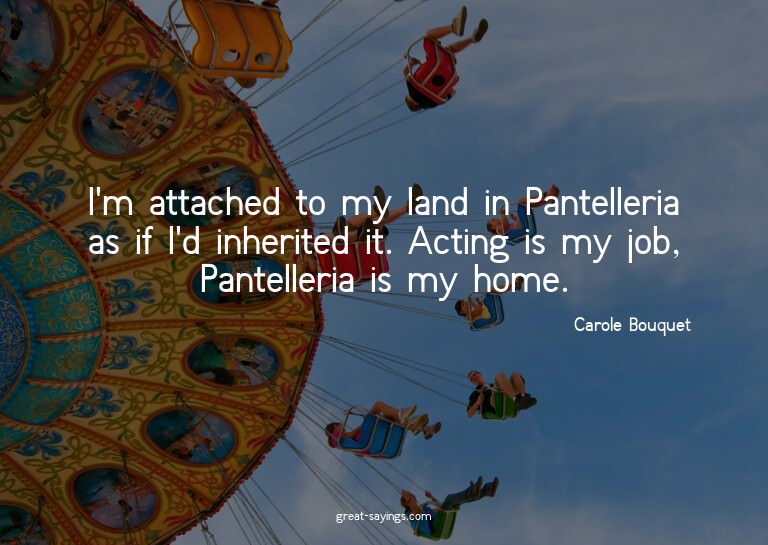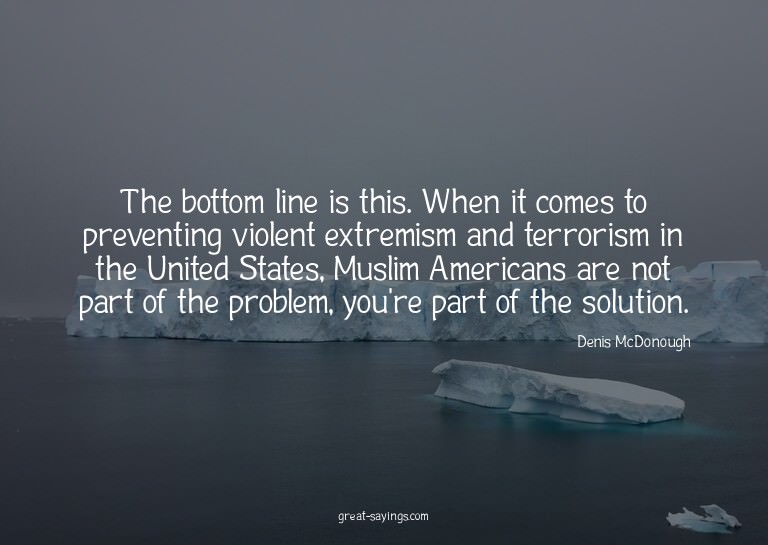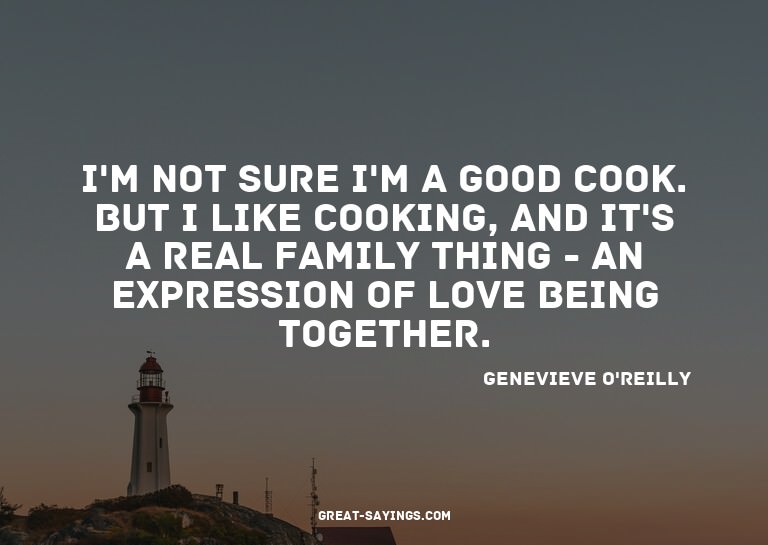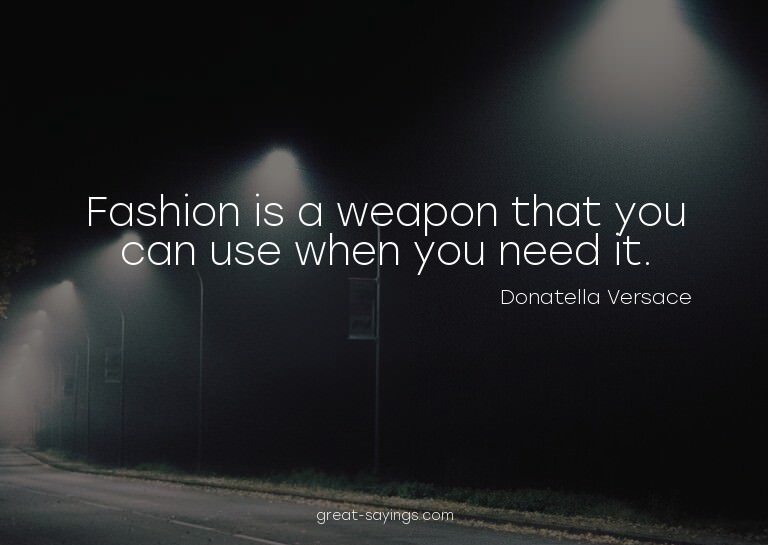Words matter. These are the best Elif Batuman Quotes, and they’re great for sharing with your friends.
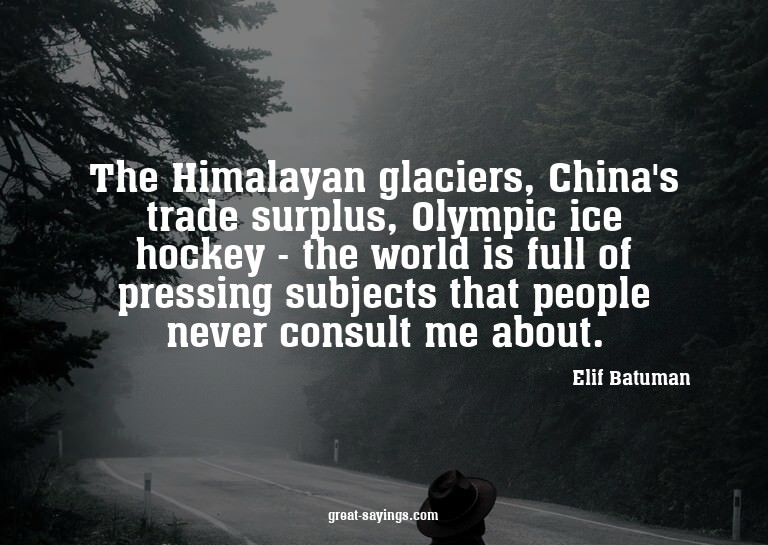
The Himalayan glaciers, China’s trade surplus, Olympic ice hockey – the world is full of pressing subjects that people never consult me about.
Many books have changed my life, but only one has the word ‘life-changing’ in the title: Marie Kondo’s ‘The Life-Changing Magic of Tidying.’
There’s this idea that if you want to write, you shouldn’t study literature because then you’re dissecting what you love, and you should keep your love of literature pure. I think that’s kind of silly.
The first thing I tried to write was a novel, when I took that time off in grad school. Then I didn’t finish it. I went back to school, and then I started writing nonfiction kind of by accident.
When you started looking at the life of Tolstoy, there was so much passion and anger and drama surrounding him.
A lot of fiction doesn’t answer a question that any reasonable person would ever ask.
I felt grateful to Ataturk that my parents were so well educated, that they weren’t held back by superstition or religion, that they were true scientists who taught me how to read when I was three and never doubted that I could become a writer.
Lists are based on realism – on the coldly contemplated finitude of resources.
To think of Tolstoy eating a sandwich is intrinsically kind of funny.
At the beginning of ‘A Christmas Carol,’ Scrooge embodies one of the central tenets of depression: that one has always been this way – and always will be.
When you walk around, you have all this stuff rattling around in your head, things that have happened to you, things you have read. Life is just life, and you get what you get out of it.
Why is there an end of the year? Because the calendar imposes numerical order on time. There is a natural fitness in the celebration of the New Year, a holiday of numbers imposed on things, with lists, as well as with Advent calendars and songs like ‘The Twelve Days of Christmas.’
From an early age, my favorite thing to read was novels. For years, when I was writing only nonfiction, still I was reading almost exclusively novels. It’s weird to be producing something that you don’t consume. It feels really alienating.
Read enough about the dung beetle, and a picture of its character emerges: patient, optimistic, uncomplaining.
The first time I held an African drum in my hands was at Koc University in a forest in the northern suburbs of Istanbul.
I had wanted to write ‘The Possessed’ as fiction, but everyone told me that no one would read a novel about graduate students. It seems almost uncivilized to tell someone writing a novel, ‘No, you have to call this a memoir.’
There is this way that I felt when I was younger that we were beyond history and we were all citizens of the world that now seems so naive.
Awkwardness is the consciousness of a false position.
The dominant question for us with regard to literature has become, ‘What does this have to do with me, with life as I know it?’ That’s the question answered by all these books about how Proust was actually a neuroscientist or how Proust can teach you emotional intelligence.
Reading Epictetus, I realized that most of the pain in my life came not from any actual privations or insults but, rather, from the shame of thinking that they could have been avoided.
Tolstoy didn’t know about steampunk or cyborgs, but he did know about the nightmarishness of steam power, unruly machines, and the creepy half-human status of the Russian peasant classes. In ‘Anna Karenina,’ nineteenth-century life itself is a relentless, relentlessly modern machine, flattening those who oppose it.
If you are in a breakup, you might as well go all the way and spend the summer in Samarkand, with no air-conditioning, learning a language you have no use for. At least it adds some romance to a depressing situation.
The novel is like a melancholy form. It’s about some kind of disillusionment with the way things are versus the idea of how they could be or how they used to be.
Even when I was very small, my mother treated me like a great novelist. She was like: ‘Oh, I’m sitting at the breakfast table with Flaubert,’ and would say, if she burned some food or was late arriving, ‘Don’t put this in your novel!’
I grew up thinking that it was immoral to idealize the past because, in the past, there was slavery and no penicillin.
Anyone who has ever tried to plot a detective mystery knows that the hardest thing to come up with is motive.
It’s possible to watch ‘Gone Girl’ and feel that you have seen something terribly bleak. But it’s also possible to receive it as good news. Any powerful articulation of the need for change is also a testimony to the possibility of change.
Proust’s ‘In Search of Lost Time,’ especially ‘Time Regained,’ made me think differently about what the novel is and can do. Then I forgot about it, then reread it and remembered again.
The book that made me decide to go into Russian literature was ‘Anna Karenina,’ which I first read in high school. The thing that appealed to me and constituted its Russianness for me was that it was simultaneously incredibly funny and sad.
My family is not only not religious, but my parents are both – they’re secularists. My father is actually an atheist and feels very strongly about it.
You base your actions on a projected ending, which you actually don’t know. However, when you reach the crucial point, and the pinnacle event doesn’t occur, you just need to go on, and something else will happen.
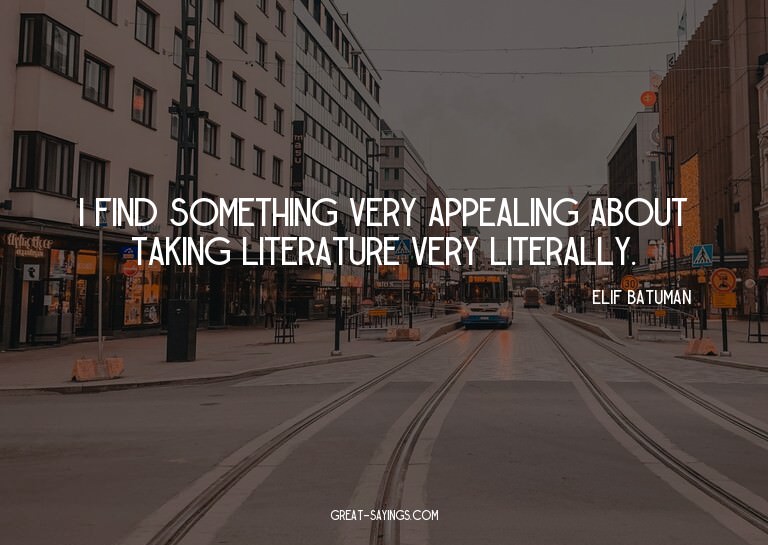
I find something very appealing about taking literature very literally.
Being in a heterosexual relationship for a woman is always implicitly a little bit humiliating.
One of the stories that really impressed me was ‘Anna Karenina.’ As a novel, that made an impression on me, showing me what the novel can do.
No time you spend writing will be wasted – even if you write something that’s bad.
Much as there are things about our own life stories that we can learn only from the systematic study of our dreams, there are things about the human condition that we can learn only from a systematic study of literature.
Most Americans have probably heard the song ‘Santa Claus Is Coming to Town’ about a billion times in the supermarket alone.
‘Awkward’ implies both solidarity and implication. Nobody is exempt.
‘Gone Girl’ is as much about the near impossibility of being a good husband as it is about the anguish of being a good wife.
One of the most painful parts of a breakup is having the feeling that your life is a story, and then the other person leaves and takes the story with them. And you’re left there without it. You’re left in this version of life that’s basically a succession of events and interactions that don’t seem to be going anywhere.
People don’t become writers because they love having spontaneous, real-world interactions with living people as bodies with clothes in time.
Everyone has a certain amount of bad writing to get out of their system.
I like to think that I know a lot of words, but I definitely don’t know all of them.
Every time a meteor comes close to the earth, we all think about the end of the world – but our internal soundtrack doesn’t turn off. We’re also thinking about pizza or passing a slow tractor or making a turn, and for a magical instant, our lives seem to be in conversation with the stars.
‘Constructed Worlds’ comes from a novel draft that I wrote in my early twenties and reread/revised only in my late thirties.
I like a novel to have a certain amount of dead time and filler – unremarkable scenery, descriptions of getting from point A to point B, dialogue in which not much is said – in between the parts that are electric. With a long work that you don’t read in one sitting, I think that makes for the best reading experience.
I grew up hearing that if it hadn’t been for Ataturk, my grandmother would have been ‘a covered person’ who would have been reliant on a man for her livelihood. Instead, she went to boarding school, wrote a thesis on Balzac, and became a teacher.
I’ve developed this love of trashy Russian literature. There’s a women’s detective series that I was obsessed with for a while, written by Aleksandra Marinina, the former chief of police.
I love the novelist’s freedom of going into different people’s subjectivity and being able to work with them as characters.
You can’t invent something you have no epistemological access to. In a way, it’s all recombination.
If, for a moment, it seemed that September 11th could be identified with Iraq, the illusion was short-lived.
My family is very feminist, and they consider that Islam is not a super feminist religion, which I know people can argue about. But that’s – anyway that’s how I was brought up, so it would be odd for me to suddenly just up and start wearing a headscarf.
When I read that nobody should ever feel ashamed to be alone or to be in a crowd, I realized that I often felt ashamed of both of those things.
Soccer is taken extremely seriously in Turkey.
Awkwardness comes from the realization that, when you look around the world, it’s difficult to identify anyone who isn’t either the victim or the beneficiary of injustice.

